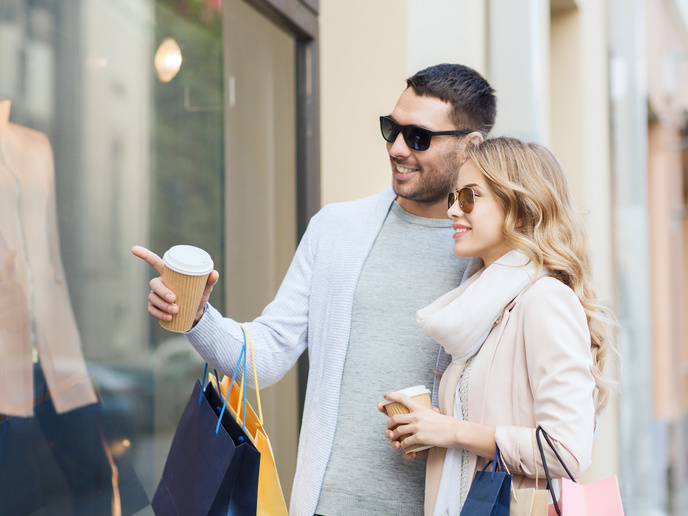Put down that coffee, your wallet will thank you
Ready to get a coffee before shopping? You may want to skip your daily latte. According to a study published in the ‘Journal of Marketing’(opens in new window), drinking coffee before you head out to High Street, the shopping centre or the grocer’s could make you spend more.
Don’t shop while caffeinated
“Caffeine, as a powerful stimulant, releases dopamine in the brain, which excites the mind and the body. This leads to a higher energetic state, which in turn enhances impulsivity and decreases self-control,” explained lead author Dipayan Biswas, a professor of marketing at University of South Florida in a news item(opens in new window). “As a result, caffeine intake leads to shopping impulsivity in terms of higher number of items purchased and greater spending.” A research team examined the effects of caffeine intake on the purchases of more than 300 shoppers at an espresso station near the entrance of two different retail shops in France and a department store in Spain. When entering, half were given a caffeinated cup of coffee that contained about 100 mg of caffeine, and half a decaffeinated one or water.
All about the impulses
The findings showed that people who drank a cup of caffeinated coffee before shopping spent about 50 % more money and bought almost 30 % more items than people who drank decaf coffee or water. In addition, the researchers found that caffeine also affected the types of products bought. Those who drank coffee bought more non-essential goods, such as candles, scents and artificial plants. The results were similar for online and in-person shopping. In another experiment, 200 business school students were divided into those who drank a caffeinated coffee and those who didn’t. They were asked to pick which items they would purchase from a predetermined list of 66 options. The students who consumed caffeinated coffee chose more impulsive items to purchase online, such as a massager. Those who drank decaf chose more practical items, such as a notebook. The researchers stated that the influence of caffeine on spending is most obvious among those who drink up to around two cups of coffee daily. “While moderate amounts of caffeine intake can have positive health benefits, there can be unintended consequences of being caffeinated while shopping,” commented Prof. Biswas. “That is, consumers trying to control impulsive spending should avoid consuming caffeinated beverages before shopping.”



